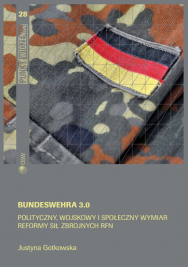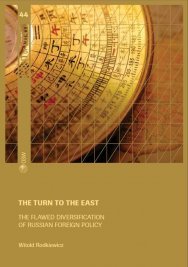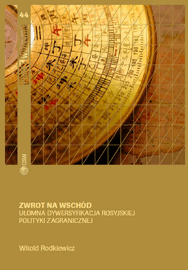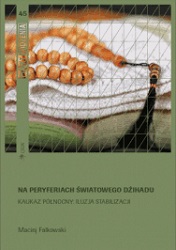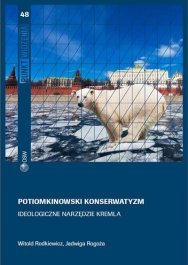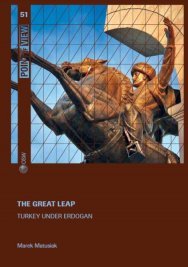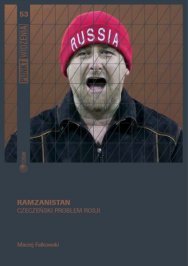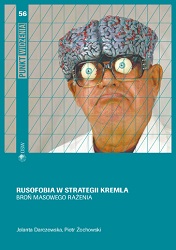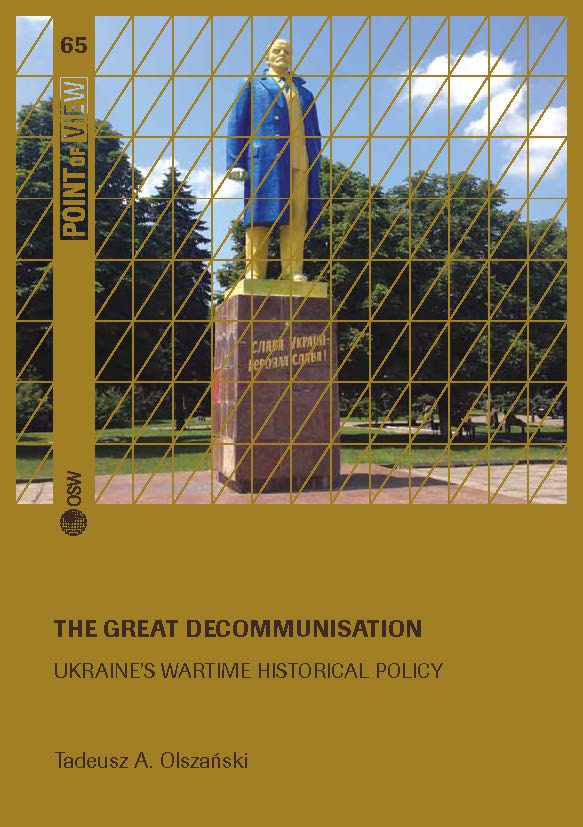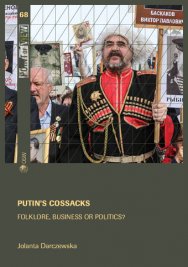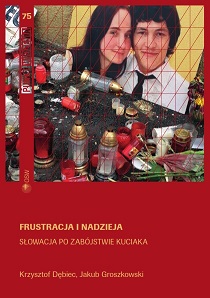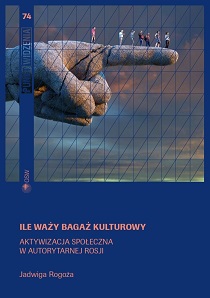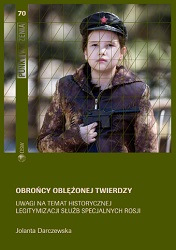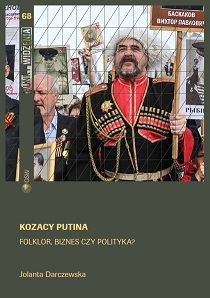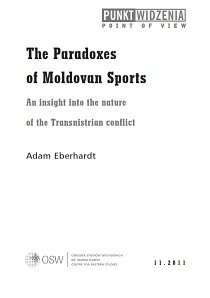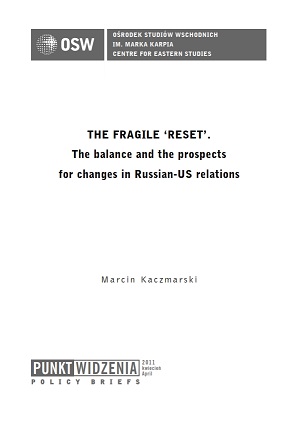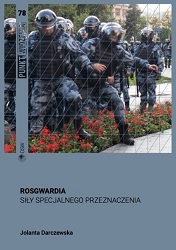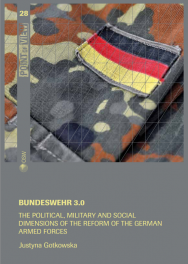
Bundeswehr 3.0. The political, military and social dimensions of the reform of the German armed forces
Bundeswehr 3.0. The political, military and social dimensions of the reform of the German armed forces
Keywords: Bundeswehr; German armed forces; German foreign and security policy;security;
This reform of the Bundeswehr, launched in 2011, is the latest of the three decisive stages in the post-war transformation of the German armed forces. The reform aims at “constructing” the armed forces anew in the political, military and social dimensions.The present paper presents the evolution of the role of the armed forces in German foreign and security policy and the ongoing process of “constructing” a new Bundeswehr. It analyses the process of redefining the objectives and principles of: the Bundeswehr’s participation in international operations, its current military transformation, and changes in its image and social identity. It also presents the implications of this broader transformation for political and military.
More...
